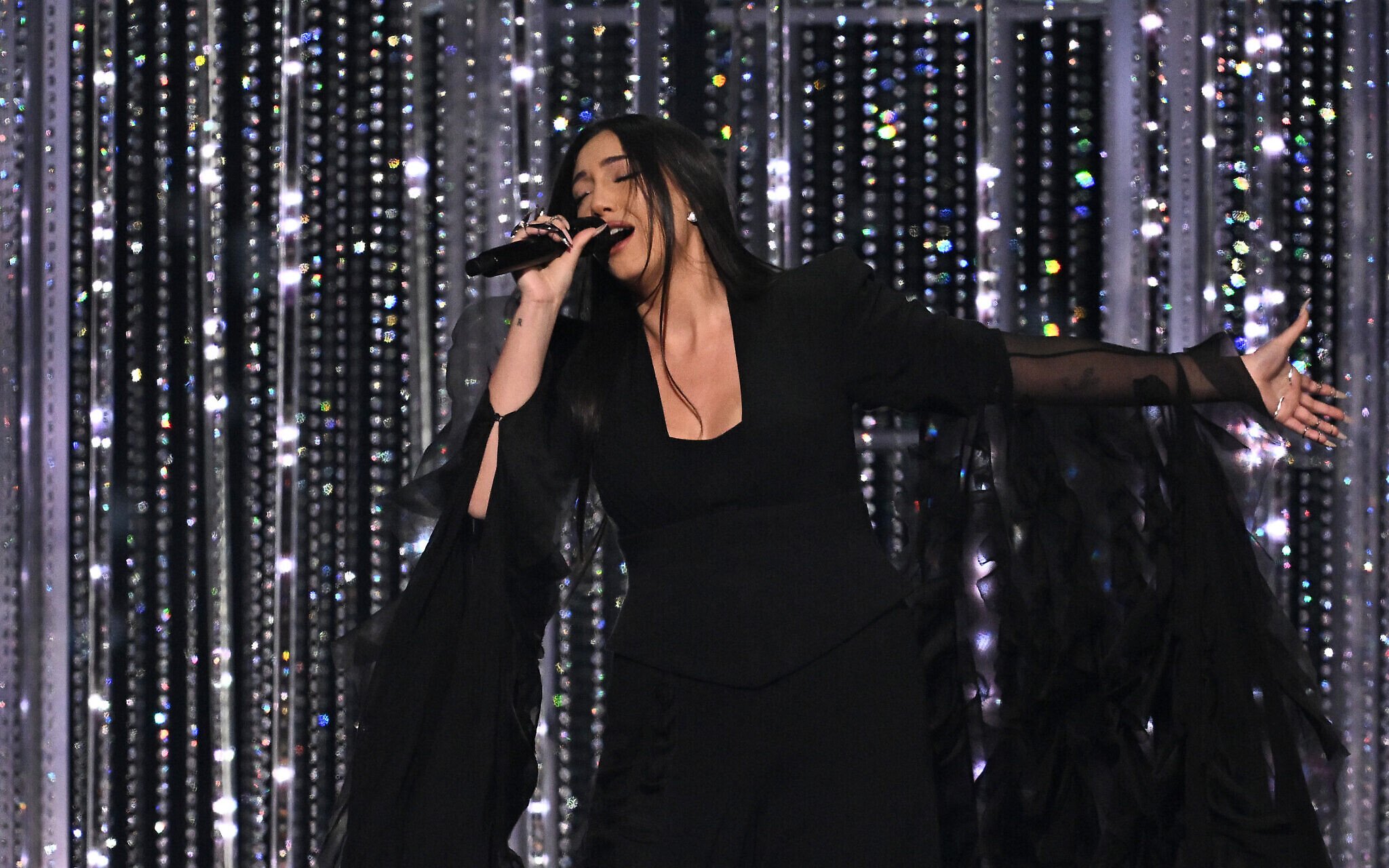



Days after Yuval Raphael earned a resounding win in the Eurovision popular vote, landing Israel in second place overall in the annual contest, a number of countries challenged its validity of the televote process.
The public broadcasters of Spain, Belgium and Finland issued appeals to the European Broadcasting Union, which organizes the contest, to investigate allegations of voter irregularities and questioning whether Israel’s popularity was real.
The EBU dismissed any allegations of voter fraud, but noted that it had received a number of such queries and that they “take their concerns seriously.”
Many of the complaints seemed to center around the fact that each viewer can cast up to 20 votes, a feature of Eurovision voting that has been in place for more than 15 years. Some also suggested that votes were being cast by people who did not necessarily traditionally watch the Eurovision, a concern that would be essentially be impossible to address.
VRT, Belgium’s Flemish-language public broadcaster, said in a statement on Monday that it was demanding “full transparency” from the EBU and questioning whether “the current voting system guarantees a fair reflection of the opinions of the viewers and listeners.” Belgium’s 12 points from the public, the highest possible, went to Israel, while its jury gave Israel zero points.
Spain’s RTVE expressed concern to the EBU about “the transparency, legitimacy and perceived integrity of the current voting system,” and demanded an “independent audit” of this year’s results. The country’s public broadcaster pointed to voting in Spain that was around 10 times higher in the final than the semifinal (Spaniards could vote this year in the first semifinal, in which Israel did not appear). Spain’s 12 points from the public, the highest possible, went to Israel, while its jury gave Israel zero points.
Finland’s broadcaster Yle said that it planned to “ask the EBU whether it is time to update these rules or at least examine whether the current rules allow for abuses,” also questioning the equal weight assigned to the public and the juries in deciding the winner.
Ireland’s RTE and Iceland’s RUV both also requested a full breakdown from the EBU of their country’s votes. Ireland’s public gave Israel 10 points, while its jury awarded Israel seven points. Iceland’s public granted Israel four points and its jury gave Israel zero points.
Significant discrepancies between the jury and public votes are not unusual, including this year. Switzerland’s song this year came second-highest in the jury vote and yet received zero points from the public.
Israel actually received fewer votes from the public this year — 297 — than it did last year, when Eden Golan racked up 323 points from the public. However, this year Israel topped the televote, with votes more spread out among the 26 finalists, while last year Golan finished second in the public vote and fifth overall.
In a written statement provided to The Times of Israel, Eurovision director Martin Green emphasized “that the voting operation for the Eurovision Song Contest is the most advanced in the world and each country’s result is checked and verified by a huge team of people to exclude any suspicious or irregular voting patterns. An independent compliance monitor reviews both jury and public vote data to ensure we have a valid result.”
He added that the Eurovision’s “voting partner Once has confirmed that a valid vote was recorded in all countries participating in this year’s Grand Final and in the Rest of the World.” The Rest of the World is the aggregate vote from non-Eurovision participating countries, which is given the weight of one nation.
Belgium’s contestant, Red Sebastian, failed to qualify for the Eurovision grand final this year, as did Ireland’s Emmy. Spain, which qualifies automatically as one of the contest’s “Big Five,” received only 10 points from the voting public, finishing 24th out of the 26 finalists. Finland’s Erika Vikman finished ninth in the public vote and 11th overall.
Some of the complaints also pointed to a report from Eurovision News Spotlight, an independent news branch of the EBU, that asserted that an Israeli government agency paid for an advertising campaign urging people to vote for Raphael.
However, the report itself pointed out that other countries also run similar targeted ads. This reporter saw a social media ad leading up to the contest urging Israelis in Hebrew to vote for Armenia, and others reported seeing such ads for Malta. The report said Greece, Albania, Poland and France also ran ads, but it singled out Israel’s campaign, suggesting it “may contravene the spirit of the competition.”
In its own response to the report, the EBU noted that the “rules do not prohibit participating broadcasters or third parties such as record labels or others from promoting their entries online and elsewhere,” adding that “many delegations” run such campaigns.
Ahead of this year’s Eurovision, Spain, Belgium and Ireland were among the countries that lodged appeals to have Israel banned from the competition, a call that the EBU rejected. After the contest, the Netherlands joined those appeals, questioning whether Israel’s ongoing participation can allow the Eurovision to remain an “apolitical, connecting and cultural event.”
Eurovision’s Green said in a statement that “now the event has concluded, we will have a broad discussion with participating broadcasters, to reflect and obtain feedback on all aspects of this year’s event as part of our planning process for the 70th Eurovision Song Contest next year.”
The EBU did not respond to further questions on the content of such discussions.
Austria’s JJ won this year’s competition in Basel, Switzerland, granting the country the right to host next year’s contest. The operatic ballad “Wasted Love” was the jury favorite, but only fourth most popular among the public.



